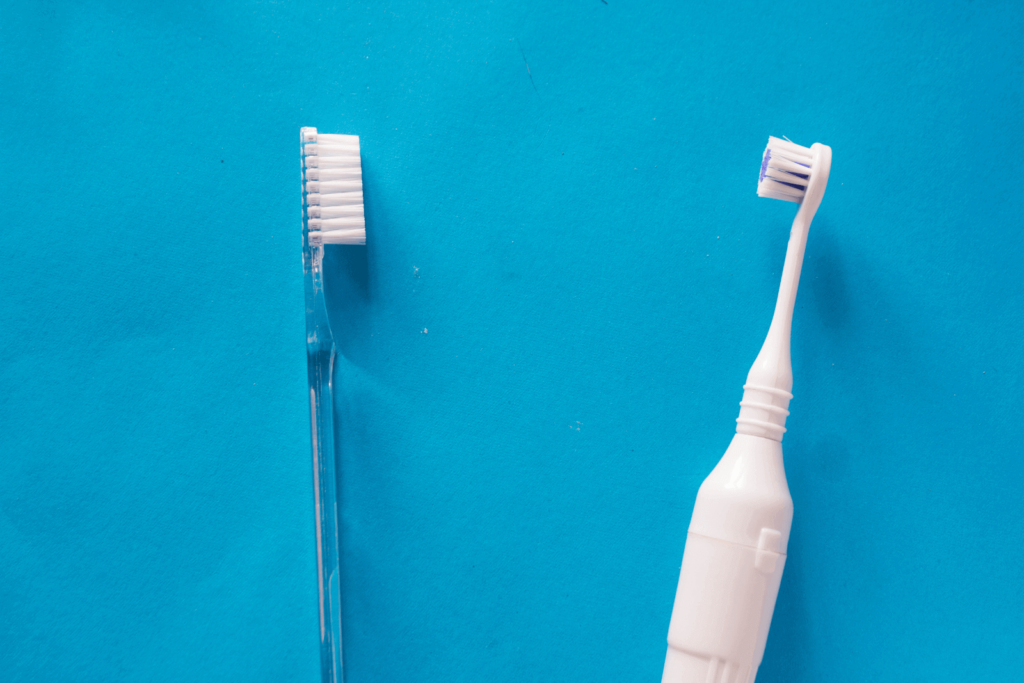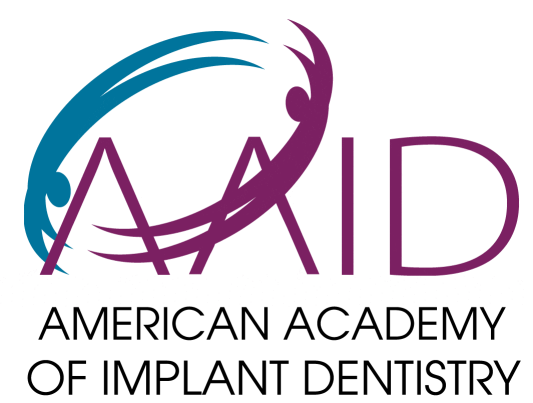Electric vs. manual toothbrush comparison is one of the most frequently asked questions we encounter at Lansdowne Family Dental, as patients seek to optimize their daily oral hygiene routine for the best possible results. The choice between these two fundamental oral care tools can significantly impact your ability to remove plaque, prevent gum disease, and maintain long-term dental health. While both electric and manual toothbrushes can effectively clean your teeth when used properly, they each offer distinct advantages that may make one more suitable for your specific needs, dexterity level, and oral health goals. Understanding the key differences between these brushing methods, from cleaning efficiency and ease of use to cost considerations and special features, will help you make an informed decision that supports your journey toward optimal oral health. In this comprehensive analysis, we’ll examine the scientific evidence behind both options, explore the pros and cons of each approach, and provide expert guidance to help you choose the toothbrush that will best serve your unique dental care needs.
Electric vs. Manual Toothbrush
Here is a table summarizing the key differences between electric and manual toothbrushes:
| Feature | Electric Toothbrush | Manual Toothbrush |
|---|---|---|
| Cost | More expensive upfront | Very affordable, lower cost |
| Cleaning Ability | Rotating/oscillating heads clean thoroughly | Relies on user’s technique |
| Brushing Time | Built-in timers ensure recommended brushing time | No timers, easier to rush |
| Ease of Use | Ideal for those with limited mobility | Require manual movement |
| Maintenance | Requires charging and upkeep | Very simple, no batteries or charging |
| Travel Ability | Bulky, requires chargers/batteries | Lightweight and portable |
| Variety | Limited options | Many bristle types and styles |
| Gum Safety | Pressure sensors prevent excessive force | Risk of scrubbing too hard |

Now, let’s break down this comparison:
1. Electric Toothbrush
Electric toothbrushes have gained popularity in recent years, promising a more efficient and convenient brushing experience. Here are some key advantages and disadvantages:
Pros:
- Efficient Cleaning: Electric toothbrushes often feature rotating or oscillating heads that can cover a larger area in less time, leading to a thorough cleaning.
- Built-in Timers: Many electric toothbrushes come with timers to ensure you brush for the recommended two minutes, promoting better oral care habits.
- Gentler on Gums: Some models offer pressure sensors that prevent excessive force, reducing the risk of gum damage.
- Ideal for Limited Mobility: Individuals with arthritis or other mobility issues find electric toothbrushes easier to use.
Cons:
- Cost: Electric toothbrushes are generally more expensive upfront compared to manual ones.
- Maintenance: They require charging or battery replacement, adding to the maintenance routine.
- Travel Concerns: Frequent travelers might find it cumbersome to carry chargers or spare batteries.
2. Manual Toothbrush
Traditional manual toothbrushes have been the staple of oral hygiene for generations. Let’s explore their benefits and drawbacks:
Pros:
- Affordability: Manual toothbrushes are budget-friendly and widely accessible, making them a cost-effective choice.
- Simplicity: No need for charging or batteries; simply pick it up and start brushing.
- Variety: Manual toothbrushes come in a multitude of bristle designs, catering to different preferences.
- Travel Convenience: They’re lightweight, portable, and easy to pack, making them ideal for travel.
Cons:
- Brushing Technique: Effective cleaning depends on the user’s brushing technique, which might not be as consistent.
- Time Consumption: Without timers, users might rush through brushing, compromising dental care.
- Fewer Features: Manual toothbrushes lack the advanced features present in their electric counterparts.
Which One Should You Choose?
Both electric and manual toothbrushes have their merits, and the choice ultimately depends on your personal preferences, oral health needs, and lifestyle. Consider the following factors to make an informed decision:
- Oral Health Requirements: If you have specific dental issues, like orthodontic braces, an electric toothbrush might provide a more thorough cleaning.
- Convenience: Electric toothbrushes can be more convenient for those who want a guided brushing experience.
- Budget: Manual toothbrushes are kinder to your wallet, while electric ones require a higher initial investment.
- Travel Frequency: If you’re a frequent traveler, a manual toothbrush’s portability might be more suitable.
- Technological Appeal: If you’re drawn to gadgets and advanced features, an electric toothbrush might pique your interest.
For residents of Ashburn, Leesburg, Sterling, and Lansdowne, VA, choose Lansdowne Family Dental for quality dental care. We offer various services with a patient-centric approach. Start your dental journey with us. Contact us!
FAQs about Electric vs. Manual Toothbrushes
Are electric toothbrushes suitable for sensitive teeth?
Yes, many electric toothbrush models offer sensitive mode or soft bristle options, making them a viable choice for individuals with sensitive teeth.
Do electric toothbrushes eliminate the need for flossing?
While electric toothbrushes can enhance your oral hygiene routine, they don’t replace the benefits of flossing. Both are essential for comprehensive dental care.
Are manual toothbrushes less effective at plaque removal?
Manual toothbrushes are effective when used with proper brushing techniques. However, electric toothbrushes with oscillating or rotating heads can provide an advantage in plaque removal.
Can I overbrush with an electric toothbrush due to its power?
Most modern electric toothbrushes come with pressure sensors to prevent excessive force. Follow the manufacturer’s recommendations to avoid overbrushing.
Do children benefit more from electric or manual toothbrushes?
Children might find electric toothbrushes more engaging, encouraging them to brush regularly. However, parental supervision is crucial to ensure proper use.
Is it worth investing in a high-end electric toothbrush?
High-end electric toothbrushes often offer additional features like Bluetooth connectivity and various cleaning modes. While they can enhance your oral care routine, a mid-range model can also provide effective results.
Conclusion
The best choice depends on your individual needs, preferences, and budget. Remember that consistent brushing, proper technique, and regular dental check-ups by your dentist are essential, regardless of the type of toothbrush you choose. So, whether you opt for the simplicity of a manual toothbrush or the technological allure of an electric one, your commitment to oral health is what truly matters.






